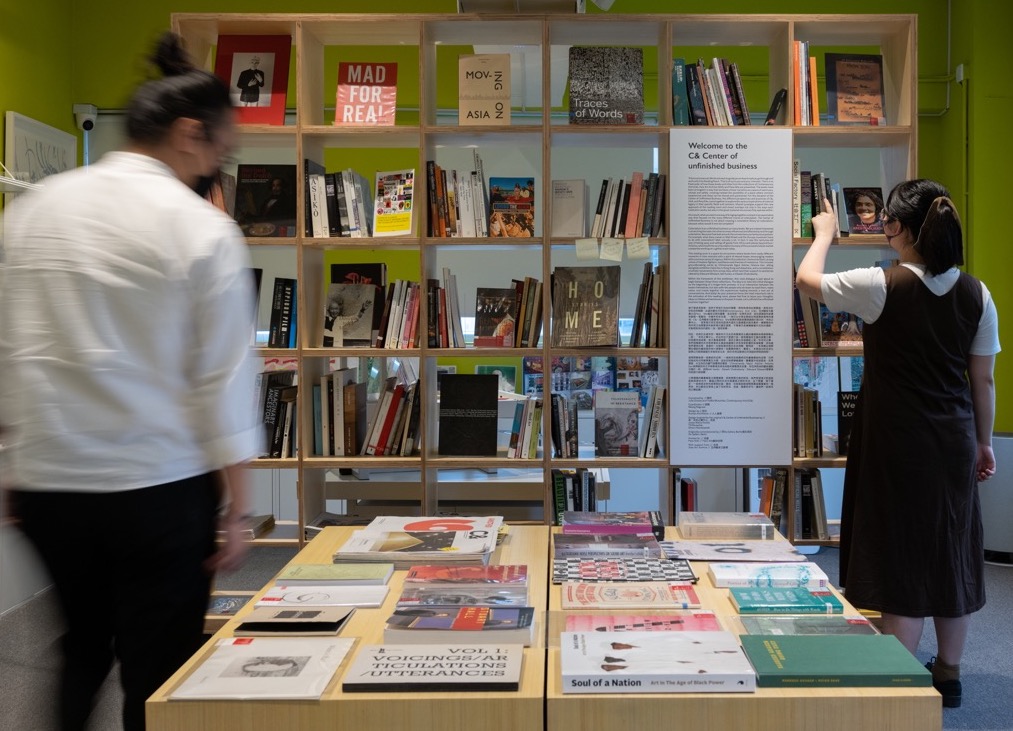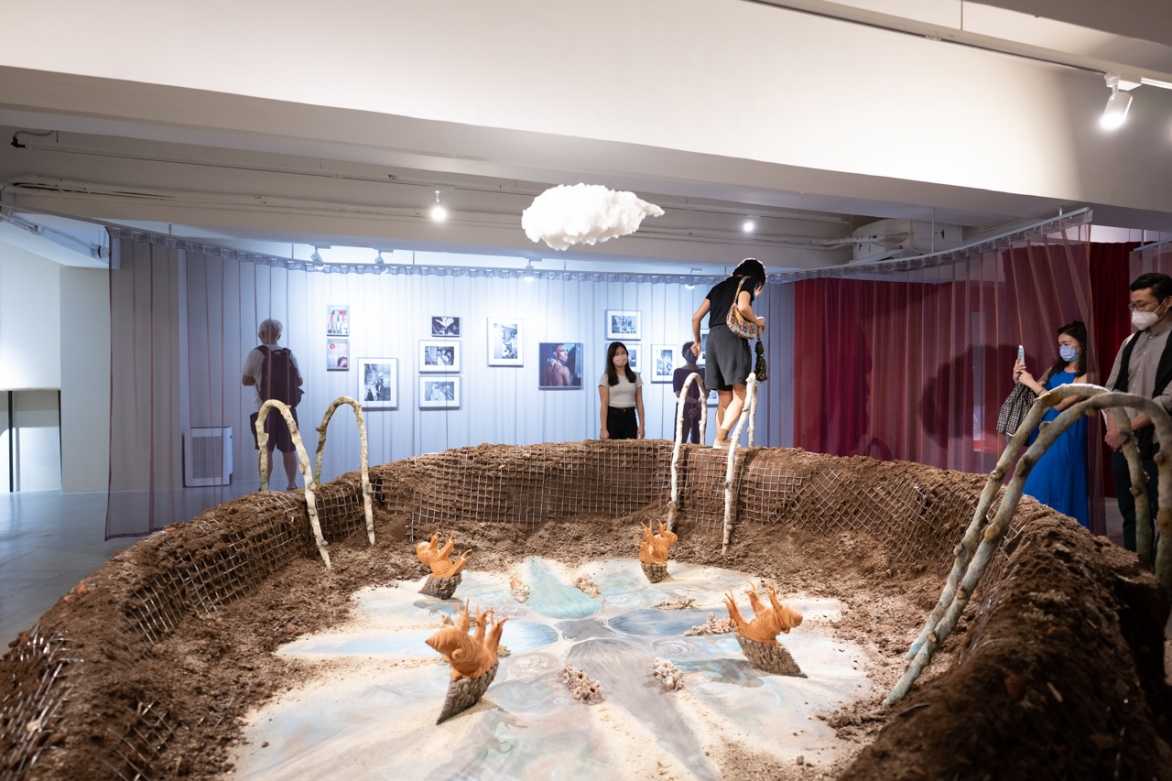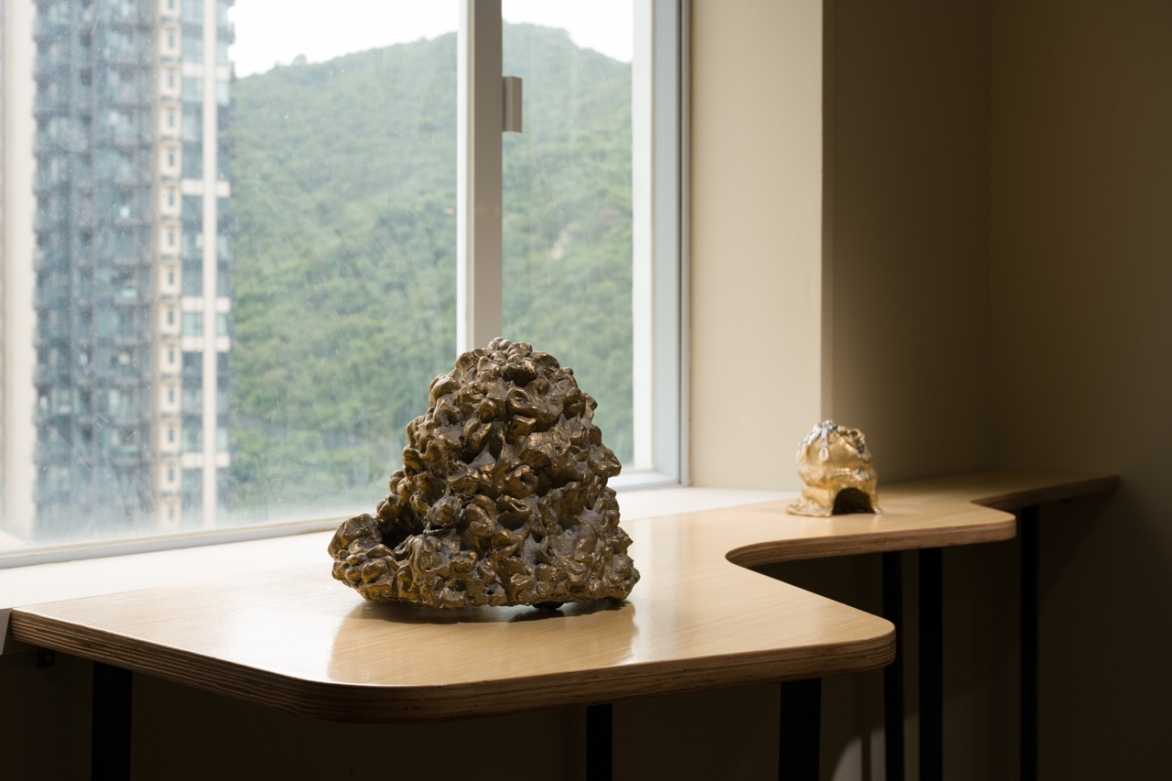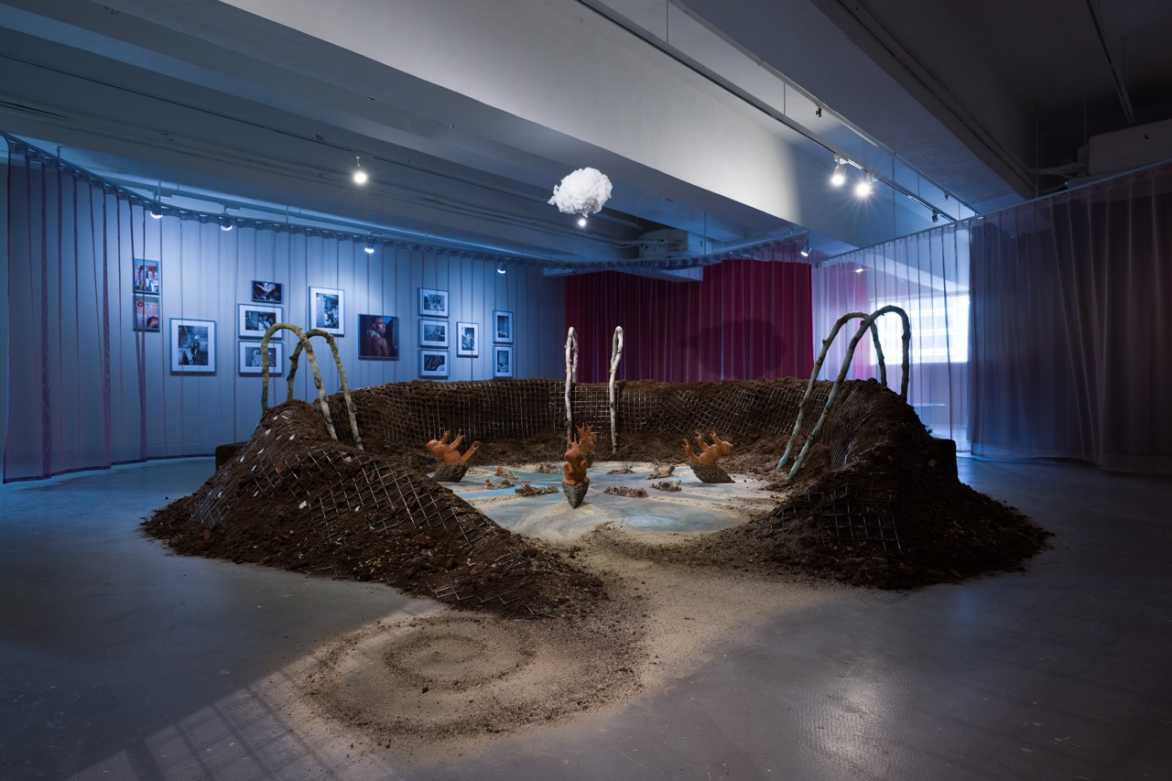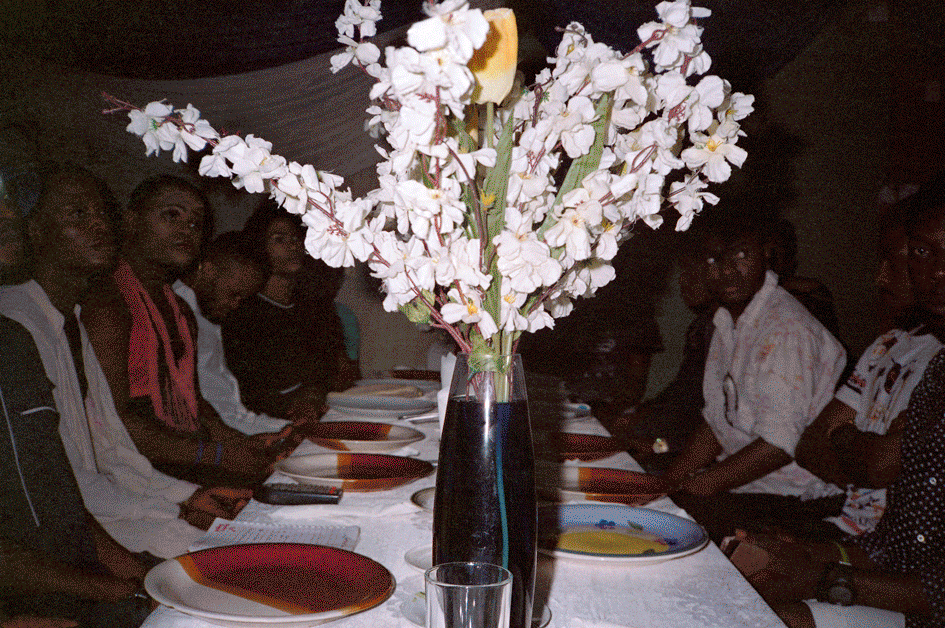
In this dynamic reading session we will explore texts and ideas related to the reading room created for Para Site in collaboration with the C& Center of Unfinished Business and Asia Art Archive as part of the exhibition ‘While we are embattled’. For this hybrid online and live event held at Para Site, participants will be invited to engage with the books on the shelves by picking a quote or a short paragraph from a personally selected publication and reading it out loud. Through this sequential reading, the group collectively creates its own associative narrative which opens perspectives to deepen ideas and discussions. No pre-reading is required.
The reading group session is led by Mearg Negusse of C& and exhibition curators Nomaduma Rosa Masilela and Thiago de Paula Souza.
About the C& Center of Unfinished Business
The C& Center of Unfinished Business is a rovering, interactive reading room organized by the multimedia platform Contemporary And (C&). Originally launched in 2017 by the C& co-founders Julia Grosse and Yvette Mutumba, the Center has been presented at numerous art institutions around the world as a method of critiquing the lasting traces of colonialism within all facets of life. For this version presented at Para Site, C& collaborates with two other institutional library holdings—that of Asia Art Archive and Para Site itself. Shifting its attention away from institutional critique, this reading room represents a collaboration which is more interested in synergies between the historical and cultural lives of Africa and Asia and their respective and interrelated diasporas, while maintaining a focus on the ongoing legacies of colonialism. This reading room serves as an open space for collaboration, critique, and the sharing of common experiences, while leaving ample space for other subjective associations; ultimately, this collective reading room asks how can a space reflecting on the unfinished business of colonialism also be a space of sanctuary and retreat?

